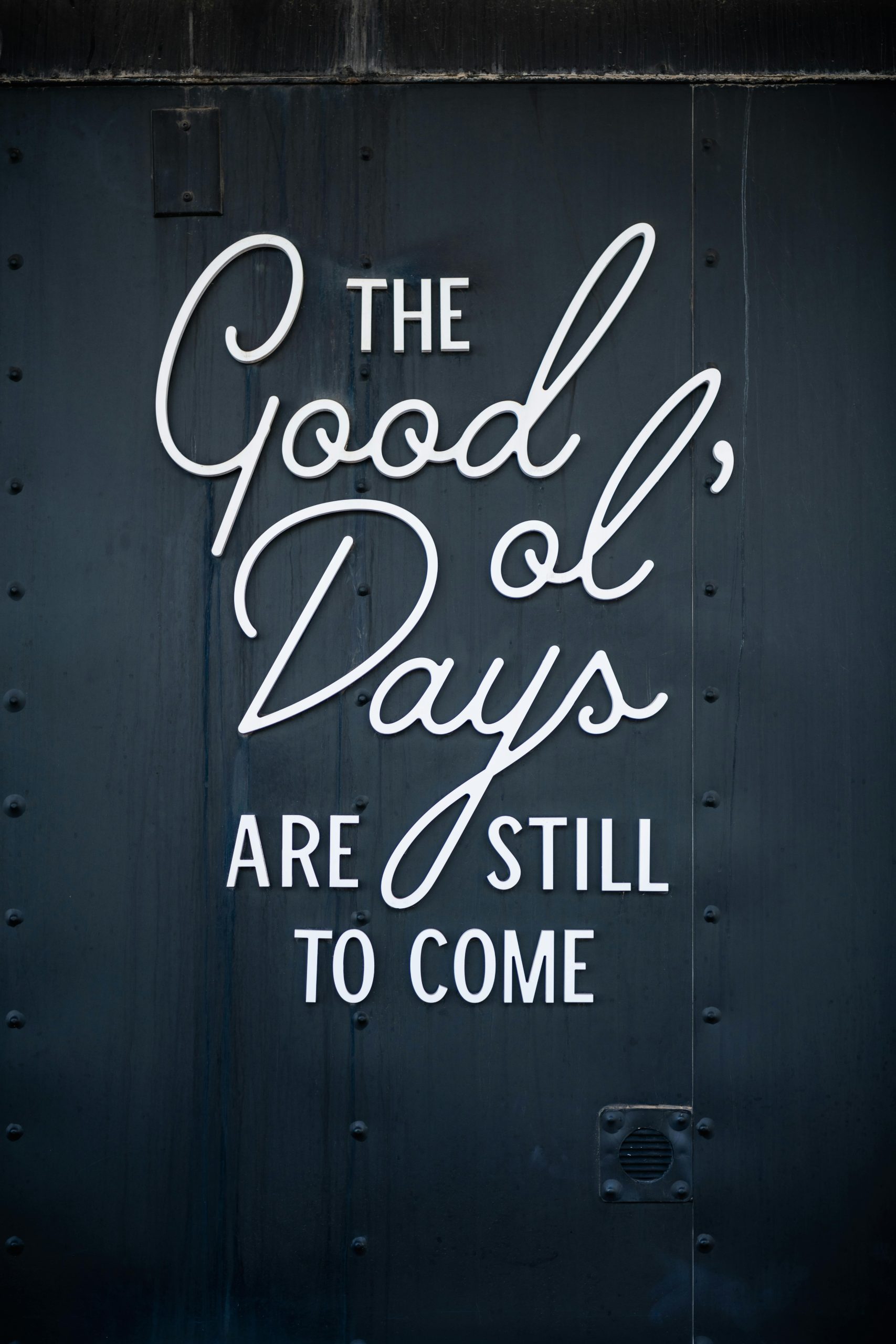Anticipating a Near-Complete Transformation: Facing Uncertainty About My Industry and Future in the Coming Years
The Future of E-Commerce: Navigating Uncertainty in a Rapidly Changing Landscape
As I reflect on my career in e-commerce, I find myself facing a unique crossroads. At 30 years old, I have spent the last 16 years immersed in the e-commerce space, starting my journey at the young age of 14. Since then, I’ve climbed various ladders within the industry, taking on roles such as Director of Project Management, Director of Operations, and most recently, Director of Partnerships at my current agency.
Throughout my professional journey, I have predominantly focused on web development, design projects, and high-impact marketing campaigns. Many of the initiatives I’ve worked on have ranged in scale from $20,000 to over $1 million, involving meticulously planned scopes of work. My experience includes leading strategies in Conversion Rate Optimization (CRO), UI/UX planning, and upselling tactics.
However, as I peer into the future, I see monumental shifts on the horizon, primarily driven by artificial intelligence. The pace at which AI is permeating our sector is astonishing. Take, for instance, an agency where I previously worked, which prided itself on its strong SEO capabilities. Back in 2021, they employed 25 copywriters, yet after a recent conversation with a colleague still on the team, I learned they now only have four. Not only has their SEO department become more efficient, billing an additional $20,000 per month, but they are also leveraging AI to handle much of the copywriting workload traditionally managed by junior writers. Experienced writers now merely need to refine AI-generated outputs to ensure compliance with copyright standards.
In another example, I learned that an agency had completely replaced its U.S.-based development team with talent from Latin America, who predominantly communicate through AI tools like ChatGPT when coordinating tasks via platforms such as Jira and Slack.
I am not suggesting that my industry is on the brink of collapse. Still, the trajectory is clear: we are heading toward increased automation and reliance on AI tools. I’ve witnessed AI’s ability to construct websites from Figma designs and generate precise code for implementations that previously required the skills of seasoned developers. Meanwhile, Google’s AI innovations and prompt-based search algorithms are increasingly reshaping the traditional SEO landscape.
As I observe these changes unfold, I find myself grappling with uncertainty about the future of my profession in the next five years. I am currently pursuing my Project Management Professional (PMP) certification and contemplating a shift back to a more














Post Comment